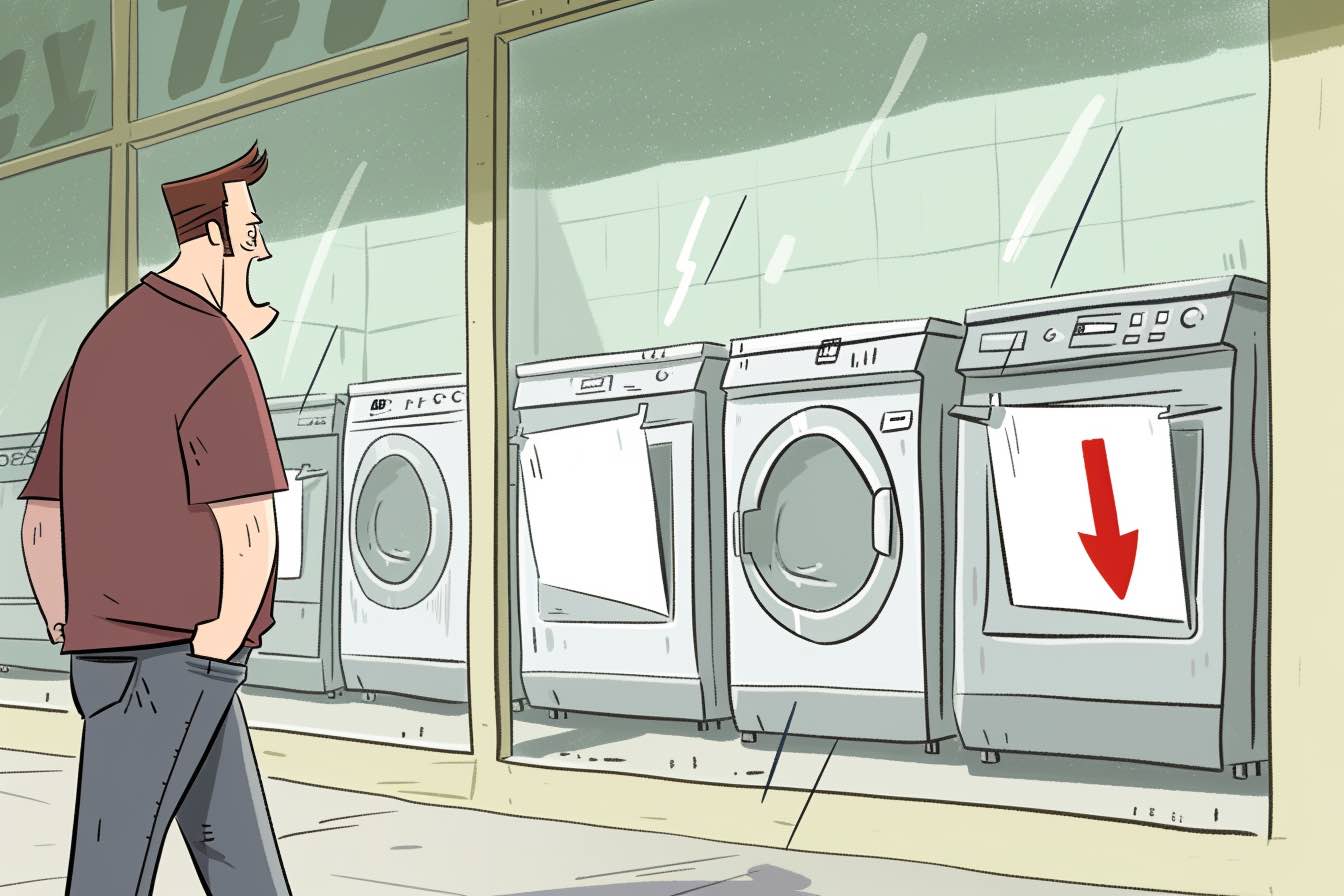Jan Walker’s friends are getting emails from someone else pretending to be her. Now Facebook has gone into radio silence and won’t help her shut down the impostor account. How do you get rid of your evil online twin?
Question
I’m writing to you because someone recently opened a new Facebook account under my name and I can’t get Facebook to close it. That person has contacted my friends and tried to defraud them. I’ve enclosed a document with the correspondence.
As you can see, it seems that some of my friends have come perilously close to getting defrauded. I attempted to report and disable the impersonated account, but accidentally entered the wrong confirmation number when I received a verification email from Facebook. I asked for a resend, but the message says several attempts to resend have failed. I never received any new number.
I’m trying to get Facebook to either disable the fraudulent account or resend a new
confirm code to my cell number. Can you help me? — Jan Walker, Chicago
Answer
I reviewed the screen shots between the alleged scammer and your friends, and I agree — this looks bad.
It appears that someone tried to clone your Facebook presence by opening a fake “Jan Walker” account and inviting all of your friends. That person used your profile photo and other personal pictures to make your friends think it was you. Then, that person began soliciting your friends with scammy offers.
Fortunately, your friends sensed something was wrong and contacted the real you, then you got in touch with Facebook. An enormous site like Facebook tries to automate everything, so that after you’ve verified that an account may be fraudulent, it moves to a queue where someone can investigate your claim and make that determination.
Challenges in contacting Facebook
By mis-typing your verification code, you stopped that message from ever reaching someone at Facebook who could help. Facebook should allow you to reach it by phone when e-mail doesn’t work, but it offered no practical way for you to do that, unfortunately. Remember, it also offers a way to keep your photos private, so only you and your friends can view them. If you’d changed your privacy settings, it might have been impossible to clone your account.
I wrote about Facebook a few weeks ago, so pardon me for repeating myself. Contacting someone at Facebook is not easy, as you learned. Although the executives are listed on its site, they don’t really offer a way to reach someone who can help you at a supervisor or management level. To add to the confusion, email addresses follow at least two conventions: either [email protected] or [email protected]. So you have to try both.
Data privacy concerns on Facebook
Let me also add this to my previous thoughts on Facebook: A quick look at its scores by the American Customer Satisfaction Index suggests that most users feel the same way you do, which is that Facebook needs to improve its service. Facebook received a 61 out of a possible 100 points — basically, a failing grade. (Related: How do I get rid of Facebook fakers?)
Some might say, “Well, you get what you pay for.” I don’t see it that way. I think we — you — pay dearly for a service like Facebook, by offering it personal information you wouldn’t even share with your own mother. That’s worth a lot to advertisers. (Here’s how to resolve your own consumer problems.)
I contacted Facebook on your behalf. It disabled the impostor account immediately.




